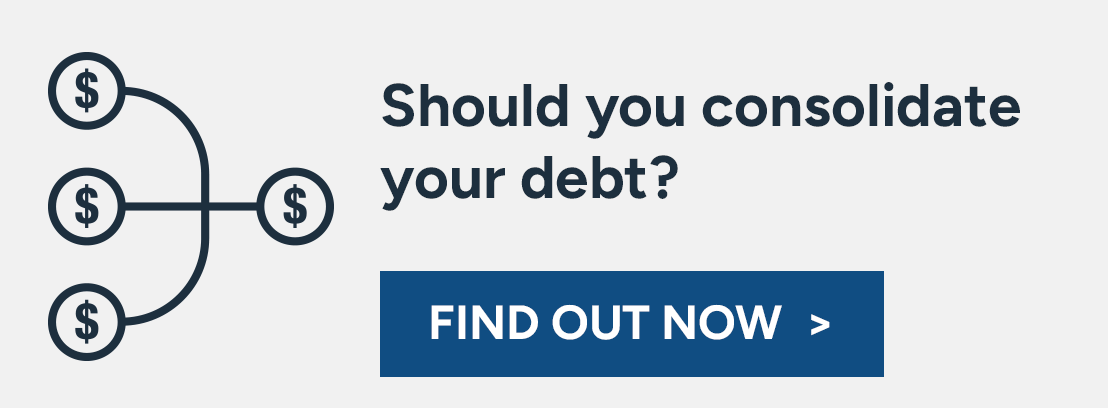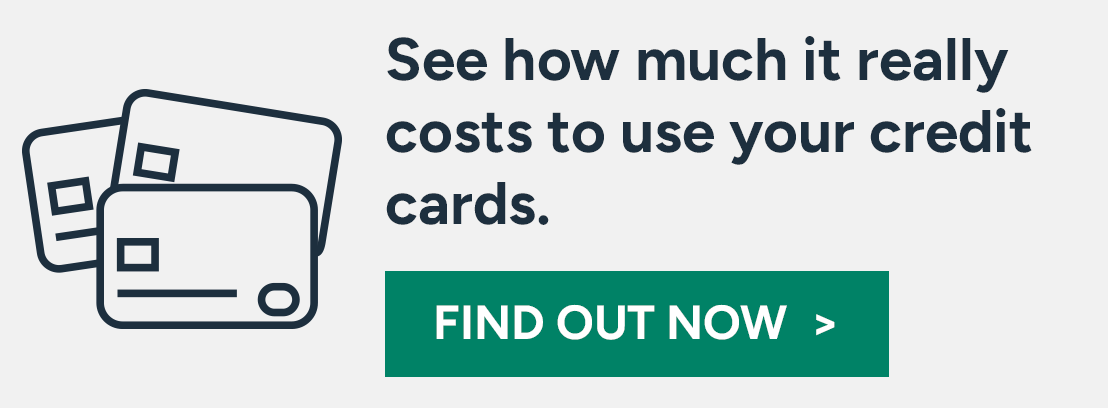Bankruptcy Debtor Education Begins a New Chapter in Your Financial Future
So you’ve decided to file for bankruptcy. You’re feeling good about your decision after weighing the options in your credit counseling courses. You know there are long-lasting repercussions, but in your situation, you’ve decided it’s the best choice to become debt-free and make a fresh start.
Before you refresh your financial future, you’ll need to complete a post-bankruptcy debtor education credit counseling course. Your counselors informed you of this during your pre-filing course. When you complete the debtor education course depends on the type of bankruptcy you qualify for: Chapter 7 or Chapter 13. You’ll also need to research debt management companies, such as ACCC, that are approved by the U.S. Trustee Program of the Department of Justice to provide your counseling.
Chapter 7 vs. Chapter 13 Pre-Bankruptcy Debtor Education
When you complete a debtor education course varies based on whether you filed for Chapter 7 or Chapter 13 bankruptcy. In a Chapter 7 bankruptcy, where a bankruptcy trustee sells your nonexempt property to repay money owed to your creditors, you need to complete the counseling within 45 days after the creditors meeting and submit the bankruptcy certificate to the court. Most debtors do not qualify for Chapter 7 bankruptcy, however, because they do not have enough qualifying assets to cover their bills.
Congress tightened the rules for getting Chapter 7 bankruptcies in 2005. Under the new rules, you must take a “bankruptcy means test,” which compares your income with the median income of a family the same size in your state. If your income is below the median, you can qualify for a Chapter 7 bankruptcy, but the judge might rule otherwise.
When a Chapter 7 bankruptcy is rejected, it means the judge feels that you have enough money to fund a Chapter 13 bankruptcy. In Chapter 13 bankruptcies, you pay all or part of your debts over a period ranging from three to five years. Pre-bankruptcy credit counseling and post-bankruptcy debtor education are required for either Chapter 7 or Chapter 13 bankruptcies. The goal of this counseling is to demonstrate that you have the knowledge and skills to avoid falling deep into debt again, resulting in another filing.
When the judge grants a Chapter 13 bankruptcy, you must submit your credit counseling certificate to the court by the date of your last payment in the repayment plan or the date the Motion for a Discharge is filed.
ACCC’s Bankruptcy Debtor Education Restarts Your Future
American Consumer Credit Counseling (ACCC) offers many types of financial education, including pre- and post-bankruptcy debtor education. Our sessions are a minimum of two hours, and you can talk with your professional counselor from the convenience of your home, by phone, or online. Your counselor helps you develop a budget, provides information about how to manage money and use credit wisely, and gives you additional resources for managing your personal finances. When the debtor education session ends, you will receive a certificate to file with the court.
As a Better Business Bureau accredited credit counseling agency with an A+ rating, ACCC’s goal is to help you regain control of your finances and plan for a debt-free future. Our counselors are available mornings, afternoons, and evenings. Call one now for more information about our effective, successful debt management solutions, or get started online.



